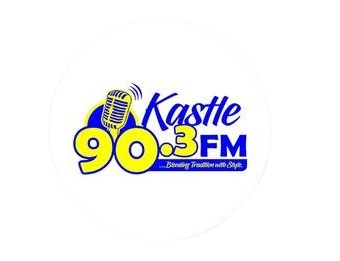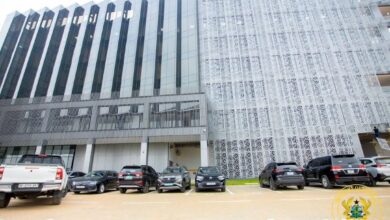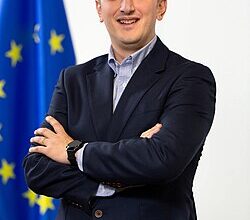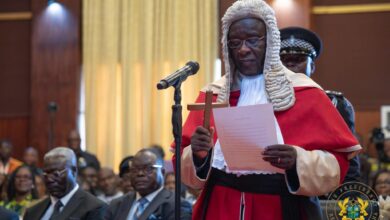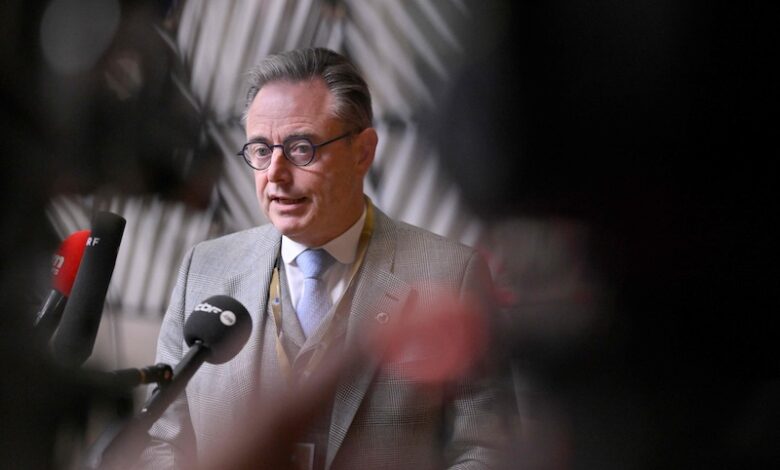
Belgium blocks EU plan to fund Ukraine with frozen Russian assets
The European Union has postponed a decision to use frozen Russian assets to finance Ukraine’s defence, after Belgium blocked a proposal to advance a €140bn loan backed by immobilised funds held in Brussels
The plan would allow Ukraine to access immediate financial support, repaid only if Russia agrees to pay reparations. Belgian Prime Minister Bart De Wever raised concerns over legal risks and demanded guarantees that other EU states would share the financial burden if Russia retaliated.
“We will in any case be buried in litigation. That seems like a certainty,” De Wever said.
The bulk of Russia’s frozen central bank assets in the EU, about €183bn, are held by the clearing house Euroclear, headquartered in Belgium. EU leaders had hoped to secure backing at the two-day summit in Brussels, but the final text only asked the European Commission to present “options for financial support” without any direct reference to the frozen Russian assets.
Ukraine had requested urgent action. Addressing leaders before the talks, President Volodymyr Zelenskyy said, “The time to act on Russian assets is now. Anyone who delays this decision is not only limiting our defence but also slowing down your own progress.”
Leaders now aim to reach a decision at the next summit in December.
European Commission President Ursula von der Leyen said the reparation loan remained on the table. “There are points to be clarified… We agreed on the what: the reparation loan, and we have to work on the how,” she told reporters after the summit.
European Council President António Costa, who chaired the meeting, said the legal pathway was feasible and the Commission had a mandate to continue preparing the loan model. “Ukraine will have the financial resources it needs to defend itself,” Costa said.
Despite support from several EU governments including Ireland, Finland, and Latvia, Belgian concerns proved decisive. Belgium is seeking a clear legal basis, joint guarantees from all member states, and involvement from countries such as France and Luxembourg, which also hold smaller amounts of Russian assets.
The Belgian government also fears retaliation from Moscow. It has requested assurances that any Russian countermeasures, such as asset seizures of Belgian companies operating in Russia, would be compensated.
The proposed loan would not involve the confiscation of Russian assets. Instead, the EU would issue debt backed by the revenue generated from interest accrued on the frozen funds. The principal amount would remain untouched unless Russia agrees to reparations.
A draft discussed before the summit included language referring to the “gradual use of cash balances” associated with the frozen funds. That clause was removed from the final text after Belgian resistance.
Finland’s Prime Minister Petteri Orpo said he believed the Commission’s legal work was advanced. “The entries are not that strong, but the work continues,” he said. Orpo added that a solution acceptable to Belgium was still possible.
Hungary, which has repeatedly slowed EU action on Ukraine, did not attend the Ukraine-related discussions. Prime Minister Viktor Orbán was in Budapest attending a separate event.
The EU’s legal stance is that the frozen funds can be used without violating property rights if the assets remain technically untouched and the interest generated is deployed instead. The Commission has floated a model where Ukraine receives funds from bonds issued against the expected interest earnings.
Russia has called the proposal theft. The Kremlin warned of “painful consequences” for any country or institution involved.
EU foreign ministers also adopted a 19th round of sanctions against Russia, this time targeting liquefied natural gas. The move came one day after the US administration under Donald Trump sanctioned Russian oil firms Rosneft and Lukoil.
The EU measures also target three Chinese companies involved in purchasing Russian crude oil. China has condemned the move as a breach of trade cooperation.
Zelenskyy told EU leaders he hoped the US would eventually deliver long-range Tomahawk missiles. He also rejected reports of a 12-point peace plan said to involve a ceasefire and a proposal for a peace board led by Trump.
The Ukrainian leader said Moscow showed no intention of ending the war. “More pressure on Russia and they will sit and speak,” he said.
Ukraine’s estimated financial needs for 2026–2027 total up to €130bn. The proposed loan based on Russian assets would cover most of that requirement.
